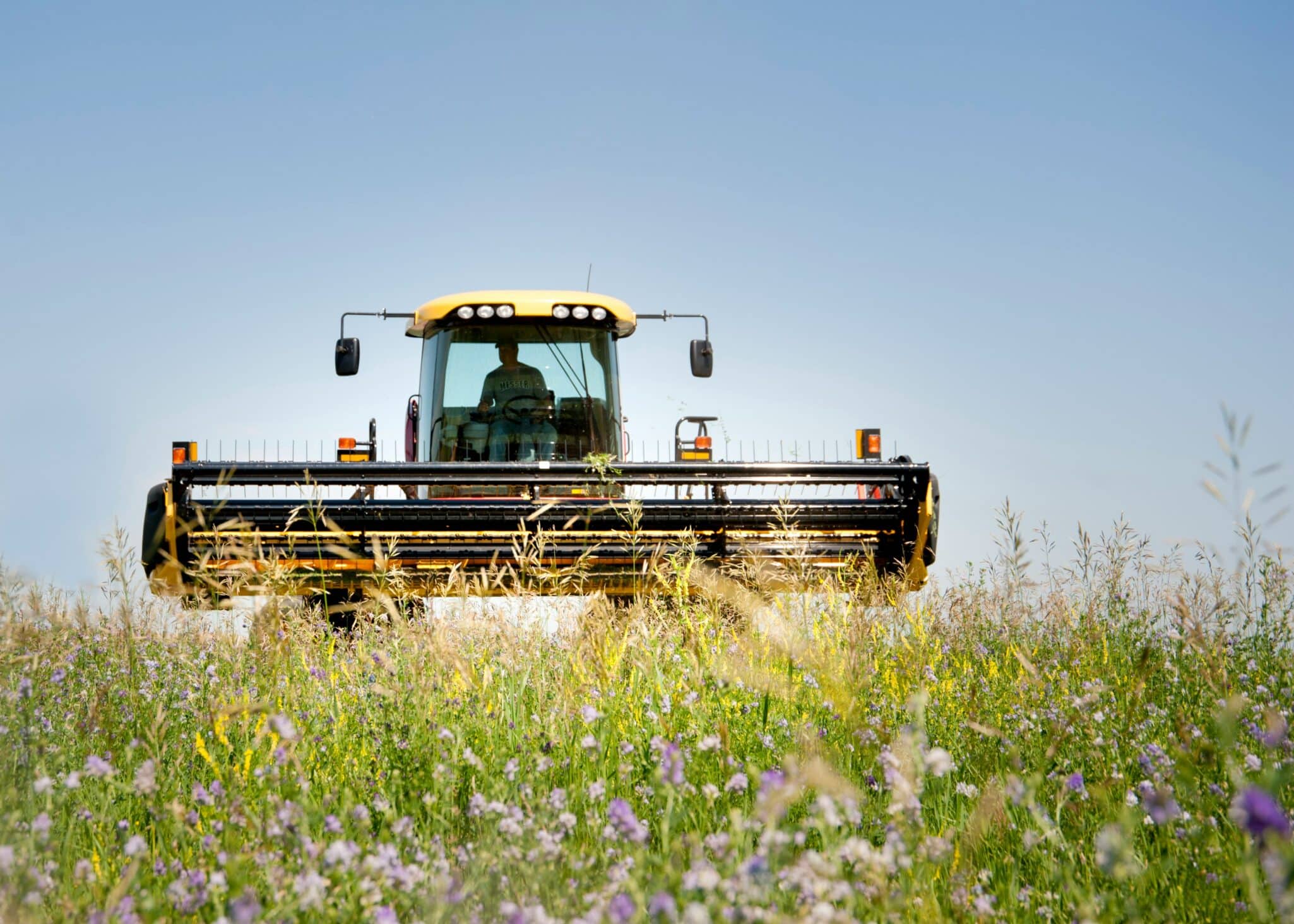Key Takeaways:
- North Dakota HB 1318 was signed into law by Governor Kelly Armstrong, making the state the first to align its crop protection label requirements explicitly with those approved by the U.S. Environmental Protection Agency (EPA).
- The law clarifies that federally approved pesticide labels are sufficient to meet state labeling standards, aiming to reduce legal uncertainty for manufacturers and users.
- The legislation received bipartisan support in the state legislature and was backed by several agricultural organizations.
- HB 1318 is intended to provide regulatory consistency for farmers, manufacturers, and agribusinesses operating in North Dakota.
- Stakeholders from various sectors expressed support for the law, citing its potential to maintain access to crop protection tools and reduce risk of litigation for products used according to EPA guidelines.
Overview of North Dakota HB 1318 and Legislative Context
Governor Kelly Armstrong has signed North Dakota HB 1318 into law, formalizing a state policy that recognizes the authority of the U.S. Environmental Protection Agency (EPA) in determining labeling requirements for pesticide products. The law confirms that if a pesticide is registered with the EPA and used in accordance with its federal label, it will also meet North Dakota’s requirements for health and safety warnings.
The legislation passed with bipartisan support in both chambers of the North Dakota Legislative Assembly. Supporters stated that the law is designed to provide legal clarity and regulatory alignment in the use of crop protection products in the state.
Implications for Crop Protection and Agricultural Practice
Proponents of the legislation say North Dakota HB 1318 addresses ongoing concerns regarding litigation risks for pesticide manufacturers and users who follow federal label guidelines. They argue that reaffirming EPA authority on labeling standards helps create a consistent regulatory framework across state and federal levels.
According to statements from Bayer and industry groups, the law is expected to help farmers maintain access to widely used crop protection tools that are considered critical for managing weed pressure and sustaining agricultural productivity.
Support from Agricultural Organizations and Stakeholders
A number of agricultural groups voiced support for the passage of North Dakota HB 1318, including:
- North Dakota Corn Growers Association
- North Dakota Soybean Growers Association
- Northern Pulse Growers Association
- Northern Canola Growers Association
- North Dakota Grain Growers Association
- North Dakota Farm Bureau
- North Dakota Farmers Union
Representatives from these organizations emphasized the importance of maintaining access to established crop protection methods and cited potential benefits in terms of long-term planning, risk management, and production stability.
Public and Industry Perspectives
A survey conducted by the Modern Ag Alliance reported that 81% of North Dakotans—including a majority across political affiliations—expressed concern about litigation that could affect access to crop protection products. The survey findings were referenced by supporters as part of the rationale for enacting HB 1318.
“This legislation supports a consistent regulatory process that farmers, manufacturers, and retailers can rely on,” said Elizabeth Burns-Thompson, Executive Director of the Modern Ag Alliance.
Bayer also issued a statement indicating that it views HB 1318 as reinforcing the role of science-based regulatory processes in evaluating product safety.
Next Steps and Broader Context For North Dakota
While North Dakota HB 1318 is the first of its kind in the U.S., its passage may be referenced by policymakers in other states considering similar legislation. Supporters suggest that it could serve as a framework for discussions on regulatory consistency, particularly in the area of agricultural inputs and product labeling.


